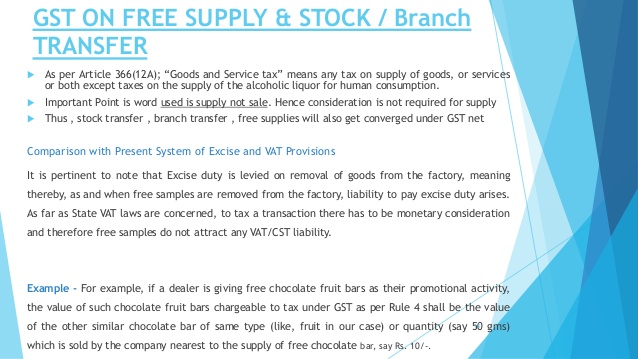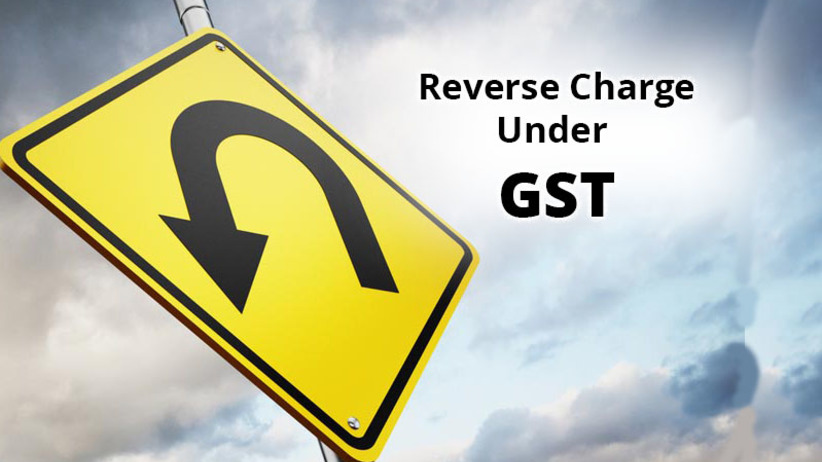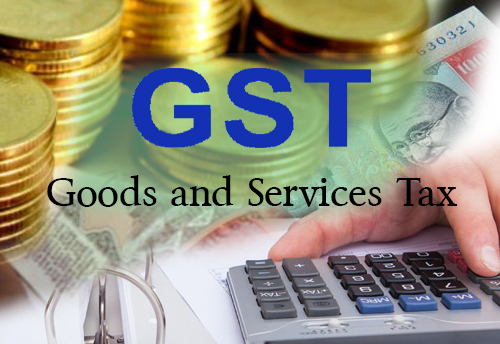Offences and Penalties under GST

Offences and Penalties under GST
Offences are penalties are one of the most significant parts of any ACT that provide a stick to the Act for its proper implementation and functioning. GST is no different and has provided a comprehensive list of offences, penalties, and compounding.
Penalties under GST regime
- Where a taxable person supplies any goods or services without an invoice or provides a false or wrong invoice
- Where the taxable person provides invoices where there is no supply of goods or any service, violating the provisions of the act
- Where he receives the tax amount and does not remit the same to the respective government within a period of 3 months from the date of such receipt.
- Where he receives the taxable amount in contravention of the act which is not remitted to the appropriate government for a period of more than 3 months,
- Where he fails to deduct the tax as per sub-section (1) of section 37, or deducts an amount which is less than the amount required to be deducted under the said sub-section, or where he does not remit the same to the appropriate Government under sub-section (2) thereof,
- Where he avails or distributes input tax credit by any input service provider while violating Section 17 of the act

Offences and Penalties under GST - Where he provides fake information or fraudulent financial statements and records including books of accounts and other documents which supports tax evasion
- Where he avails or utilises the input tax credit without any real receipt of goods or services
- Where he provides incorrect details with respect to registration
- Where he transports good without necessary documents as prescribed
- Where he fails in maintaining books of accounts or other prescribed documents or retaining such records for the period as per the provisions of the Act
- Where he uses some else’s GSTIN number for issuing invoices
- Where he by fraudulent means obtains any CGST/SGST refund under the Act;
- Distributes or takes input tax credit by violating the section 17, or the rules provided in the Act
- Where he fails to obtain registration even being liable for registration;
- Prevents or obstructs any of the officers in performing their duties under the Act;
- Where he conceals or subdues his turnover for the purpose of evading tax under this Act;
- Where he is supplying, storing or transporting goods which are meant for confiscation
- Where he fails to provide information or details are required by the officer in terms of Act or rules framed thereunder or he provides false details and information during the proceedings
- Where he tampers, interferes with, or destroys any evidence which is material;
- Where he tampers or disposes off with goods which have been seized, detained, or attached under the Act;
Penalties
As per section 66(1) a taxable person will be liable to a penalty of ten thousand rupees or an equivalent amount of the tax not deducted or tax evaded or deducted in short or were deducted but not has not been remitted to the Government or where the input tax credit has been availed or has been passed on or has been distributed intermittently, or where the refund has been claimed by fraudulent means, whatever be the case, whichever is higher.
Further section 66(2) provides, a taxable person who repetitively provides short payment with respect to the tax dues will be liable to a penalty of ten thousand rupees or 10% of the amount of tax paid short, whichever is higher.
Here, repetitive short payment refers to three consecutive returns in any six consecutive tax periods.
Section 66 (3) lays down for the levy of penalty up to 25,000 rupees for a person who
- Supports or assists any of the above-mentioned offences
- Deals with any of the goods liable to confiscation by supplying, transporting or storing them
- Does not obey the summon and does not appear before the authority
- Has dealt or received any services which contravene with the Act
- Is does not issue any invoice for supplying goods or does not account for any invoice that is under the law
Further, the section explains if a person transports any goods without an invoice or without documents as mentioned in the Act or the same has not been accounted by the person, the same shall be liable to be held while in transit along with the vehicle. They are allowed to be released only after all the dues with respect to the tax, interest thereon and penalty has been paid or providing security which would be equal to the said amount.
Additionally, Section 8(3) lays down that if any person who has decided to go with composition of tax liability and where is not eligible for the purpose of compounding, such person shall be liable to a penalty which will be equal to the tax that is due as per the provisions of the Act along with the this penalty will be an additional amount of tax which is due from him.


 Sales Tax For E-Commerce: 3 Things Small Businesses Should Know
Sales Tax For E-Commerce: 3 Things Small Businesses Should Know  What Is The GST Liability on Free Supply of Goods and Services?
What Is The GST Liability on Free Supply of Goods and Services?  Some FAQs about GST- Understanding Scope and Provisions of GST
Some FAQs about GST- Understanding Scope and Provisions of GST  Understanding the Reverse Charge mechanism under GST and IGST?
Understanding the Reverse Charge mechanism under GST and IGST?  Pros and Cons of GST- Is Ushering in of GST worth Celebrating as media wants us to believe?
Pros and Cons of GST- Is Ushering in of GST worth Celebrating as media wants us to believe?  Arrests and Detention Provisions under GST in Detail- Are these justified
Arrests and Detention Provisions under GST in Detail- Are these justified  ITAT Amritsar: No Section 269SS Violation for One-Time Cash Payment Before Sub-Registrar
ITAT Amritsar: No Section 269SS Violation for One-Time Cash Payment Before Sub-Registrar  Tax Officials Unleash Digital Dragnet: How New Raid Powers Redefine Privacy, Property Rights in India and likely to Fuel Corruption
Tax Officials Unleash Digital Dragnet: How New Raid Powers Redefine Privacy, Property Rights in India and likely to Fuel Corruption  Income Tax Department Rewards for Reporting Tax Evasion: A Comprehensive Guide
Income Tax Department Rewards for Reporting Tax Evasion: A Comprehensive Guide  Forfeiture of Gratuity by Employer- What are the Remedies for an employee- Can employer be challenged?
Forfeiture of Gratuity by Employer- What are the Remedies for an employee- Can employer be challenged?